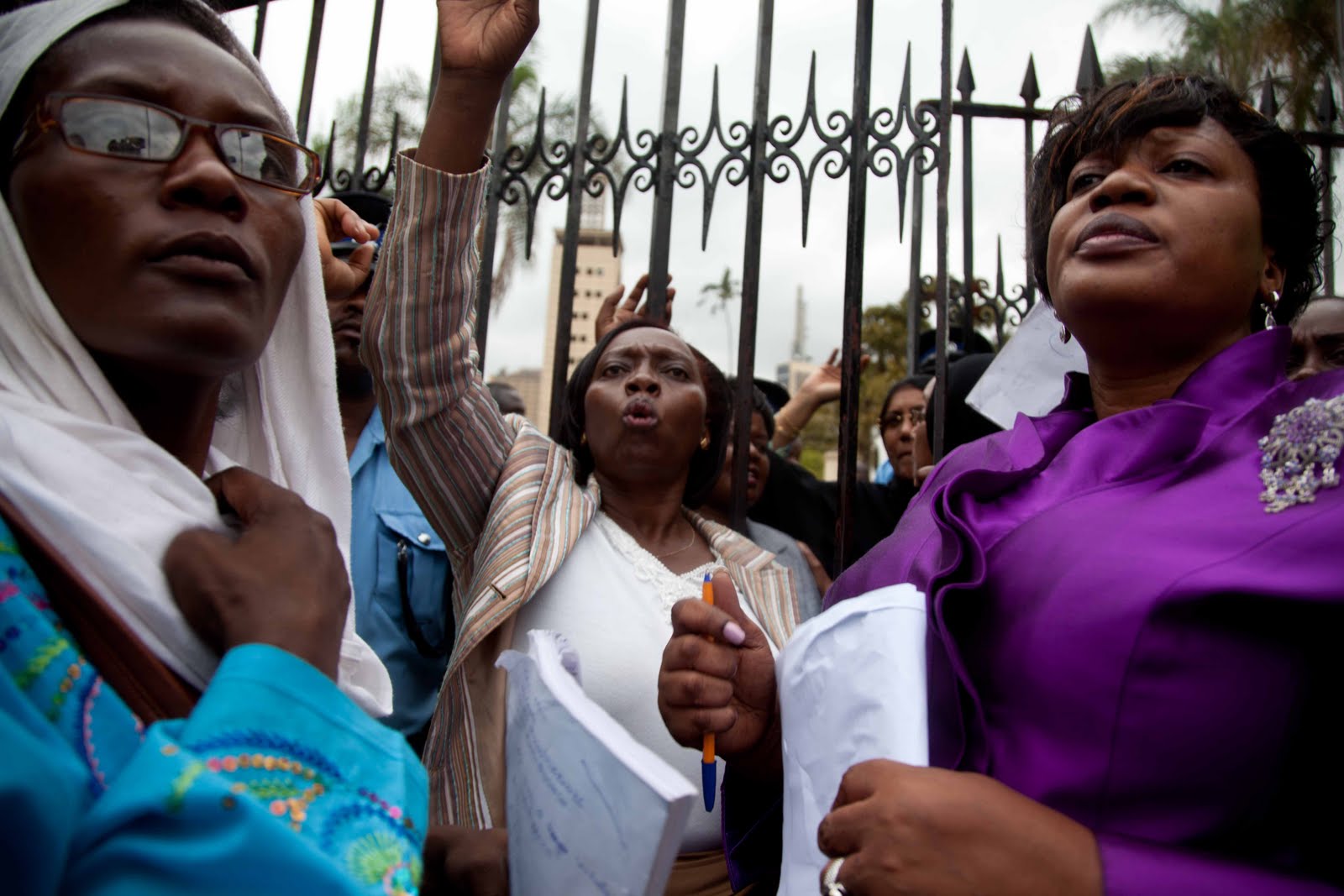The gender principle, which was frustrated by members of the eleventh Parliament is back court.

This time two non-governmental organisations want the next Parliament forced enact legislation to comply with the principle, before conducting any other business.
Centre for Rights Education and Awareness (CREW) and Community Advocacy and Awareness Trust (Crawn Trust) filed an urgent application before the High Court on Wednesday.
They are seeking among other orders, a declaration that the failure by Parliament to enact legislation to comply with not-more-than two-thirds gender principle, is a violation of women rights and the constitution.
In the application, the two groups say women of Kenya have suffered marginalisation and exclusion from electoral and political processes for a long time.
Political Decision
It is their case that the women have not heard effective and meaningful representation and participation in political decision making processes.
This marginalisation, however, was cured by the new Constitution, which provides mechanism for an inclusive framework for participation in the electoral and political decision making processes by marginalised groups, including women.
The measures, they add, intend to give full effect to the realization of gender parity in political processes, as well as redress the disadvantages suffered by women, before the 2010 constitutional dispensation.
In 2012, the Supreme Court directed the state to take legislative and other measures including affirmative action programmes, designed to redress any disadvantage suffered by individual groups. By a majority decision, the Judges said this mechanism should be in place on or before August 27, 2015.
The period, however, lapsed without Parliament enacting the necessary legislation to implement the two-thirds gender principle. The period was extended by another one year but nothing happened.
Violation
The two groups moved to court in September 2016 and the High Court agreed with them that the failure by Parliament to enact the said legislation within the specified period was a violation of the Constitution. Parliament was directed to do so within 60 days, but again, MPs went on recess without passing the legislation.
During the just concluded general election, only 23 women were elected as MPs, yet the rule requires women to be at least 117 members. The 23 plus the 47 women representatives and 12 slots for MPs nominated by political parties would bring the number to 76, making a shortfall of 41 women MPs.
In the Senate, women should make up to 23 members but only three were elected and 16 will be nominated, and one youth and one to represent persons with disabilities, will bring the number 21, remaining with a shortfall of 2.
The groups argue that Parliament must comply with the terms of the constitution and the failure to meet the constitutional threshold both in the National Assembly and Senate, precipitates a constitutional crisis.

